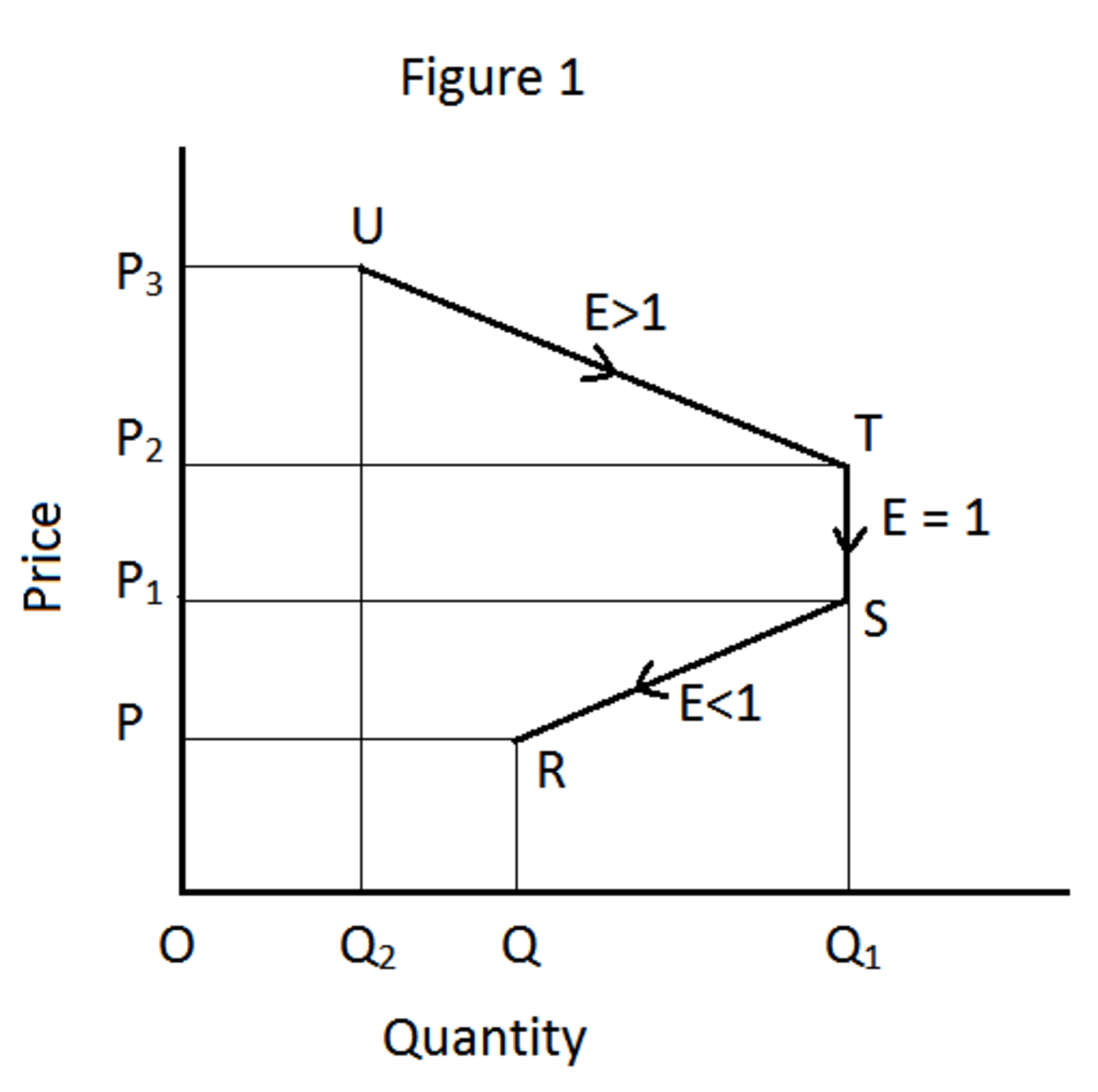The Real (Easy Credit) Debacle III: FHA/(HUD) and its Minority Agendum

If the government wanted to ameliorate the situations of a lower-income strata—i.e., blacks and Latinos, then its efforts could have been best served to empower minorities about good credit, savings and pertinent financial matters related to obtaining a conventional mortgage. Whenever you put a financially weak candidate into a house—i.e., one who was living paycheck to paycheck, that person is considered financially fragile, thus, whenever the economy takes a shift in the wrong direction, two things could possibly happen: 1) They’ll end up missing house payments; and 2) They’ll end up losing their house through a foreclosure.

Carleton Sheet’s No Money Down 90s
If you haven’t yet forgotten, in the late 80s and the early 90s the U.S. economy entered a mild recession. Because of this slight downturn there were literally hundreds of thousands of foreclosed HUD homes that inundated certain real estate markets throughout the country. During these same times, you had real estate gurus like Carleton Sheets who ran mid-night television infomercials that targeted real estate business opportunities for many auspicious investors. Carleton Sheets and a slew of other real estate gurus appeared on late night television, showing “would-be” real estate investors the secrets of buying real estate with “no money down.”
How was this possible? How could someone buy a house, the biggest financial asset one could buy in a modern economy, with no down payment? Well, in order to respond to these questions, you have to know what transpired in the housing market in the 70s, 80s, and 90s; moreover, through these so called, HUD homes, you had government backing a lot loans—whereby, they mandated that high credit risk borrowers pay for these very high mandatory insurances. When these high credit risk borrowers, logically, couldn’t pay, the housing market was hit with an avalanche of real estate properties that, overtime, became depressed homes. Where there’s depressed homes, there’s room for both real estate speculation and income-producing rental home opportunities.

Commercial Banks: No Property Managers!
You have to understand something about commercial banks; initially, they weren’t chartered to be in the business of property management. Commercial banks neither had the capabilities to handle foreclosed HUD homes, nor wanted the responsibility of managing its upkeep. Herein lies the market for depressed “fixer-up” homes as the solution: eager real estate investors—armed with newfound real estate guru acumen—began swarming at these FHA/HUD homes like ants to a mound. The very idea that some of these investors were, indeed, able to procure houses with very little money wasn’t a far stretch of the financial imagination at all.
Prior to the year 1984, these FHA government back loans were available to the public; and more importantly, were fully assumable, which meant that borrowers with no credit history, unverifiable income and no money down, could just sign a few papers and the properties were theirs for the taking. In the world of real estate investing, this came to be known as the non-qualify assumption-aka, simple assumption. In the 80s and early 90s, simple assumptions were very popular with real estate agents and buyers; however, because the seller assumed most of the risk, it started to lose some of its luster. Another problem with them was the very high interest rates that were attached to these loans. Logically, with interest rates at its lowest level in decades, many investors started taking advantage of refinancing some these loans to save much needed monies: at the turn of the century, tons of investors took advantage of the FHA "Streamline Refinance" and/or the VA "Interest Rate Reduction" loans.
In conclusion, unbeknownst to many, FHA and VA loans are loans guaranteed by the government; which despite a great deal of confusion and misunderstanding, the federal government doesn't make direct loans to the public: the federal government simply “guarantees” loans made by ordinary commercial banks and mortgage lenders. The government then appraises the property in question and, if satisfied with the risk involved, guarantees the lender against loss of principal if the buyer defaults. Fact is, ever since the creation of the Federal Housing Administration, the government set precedent for wrong doing in the real estate credit market. Within the economic parameters of real estate residential lending, the government’s creation of the FHA perpetuated this idea of sub-par credit lending standards. The real estate housing market was, then, manipulated by the banking system that was controlled by this quasi-government outfit.








